Mood disorders are among the most common complaints I see in my anti-aging practice. The most common symptoms are anxiety and depression. However common associated symptoms are fatigue, insomnia, difficulty concentrating and memory problems.
One of the challenges I always face in treating a new patient is tackling numerous symptoms in just one hour. Sometimes the history alone can take half that time.
For that reason I advise my patients when I first meet them that the first visit will focus largely on hormone balancing. If mood problems are among their chief complaints I advise them that hormone balancing may result in dramatic improvements in their mood symptoms. I let my patients know which hormones are associated with nervousness and anxiety and which ones associated with sadness and depression so they can anticipate what they might experience with the initial course of treatment.
The following is a simple guide for patients to help them understand common associations between hormones and mood.
Nervousness and anxiety:
In women these symptoms are typically associated with low progesterone levels and/or excess estrogen (specifically estradiol). The best marker is the progesterone to estradiol ratio (Pg/E2). Optimal ratios are between 100-500 to one. I target 300:1as my goal.
Men, especially those who are obese, may have elevated estradiol as well because of excess conversion of testosterone to estradiol. This can contribute to anxiety(and further weight gain).
Low testosterone in both men and women can contribute greatly to anxiety. Many patients with low testosterone feel buffeted by stressors in their lives. They tend to be “reactive” rather than “proactive.”. Testosterone deficiency, when corrected, helps them feel more “in control” of their lives and better able to handle what challenges life throws at them.
Thyroid deficiency can cause not only anxiety but also panic attacks, trouble concentrating, decreased memory and slow speech. Thyroid excess can also cause anxiety and a racing heart and insomnia. Hence the reason for tight monitoring of thyroid levels to keep them in the mid to high normal range but not outside the range.
Overactive adrenals caused by chronic stressors generally will not cause anxiety per se, but they can cause irritability, cravings, confusion, fatigue, and insomnia. Adrenal fatigue can cause general emotional imbalances, fatigue, trouble concentrating, and insomnia.
DHEA deficiency can be associated with e inability to handle stress, trouble concentrating and insomnia.
Depression
Estrogen excess can be associated with depression. The annoying additional symptoms of weight gain, water retention, mood swings irritability, insomnia, swollen and/or tender breasts and headaches commonly associated with excess estrogen all serve to aggravate depression.
Progesterone deficiency (see earlier discussion of a low P/E2 ratio) can also cause depression as well as irritability.
Testosterone deficiency can also be associated with mild depression in men and women. However it can also do this if it is too high (as what might occur with too vigorous replacement, although this is a far less common cause of depression than too low.
Thyroid deficiency is a common cause of depression. Associated symptoms of constipation, headaches, water retention, memory and concentration problems, insomnia, fatigue, and reduced libido all tend to aggravate these symptoms of depression.
Cortisol deficiency, as what occurs in adrenal fatigue, generally won’t cause depression symptoms specifically but can certainly cause emotional disturbances, aggravated by associated blood sugar swings.
Finally, symptoms of deficiency of DHEA, one of the master adrenal hormones, can include depression, along with trouble concentrating and insomnia.
While deficiency of vitamin D, a hormone not a vitamin, is not typically associated with depression, I have seen patients who reported better mood when their levels were normalized.
So an initial anti-aging plan usually starts with hormonal balancing: first adrenals, then the sex hormones, and finally thyroid. I advise my patients to start with this approach for tackling their mood related symptoms, adjust dosages based on labs and clinical response and see how they do.
Many patients can stop at this point. They feel more on an even keel, able to cope with their daily stressors, and feel more optimistic about their current life and their future than before normalizing their hormones.
Hormones are not a panacea for mood problems. If symptoms persist we next pay attention to optimizing neurotransmitter levels. We have one option of a scientific approach, which can include direct measurement of urinary neurotransmitter levels, testing for cofactors deficiency, identifying markers of toxicity in the GI tract (including dietary stressors, intestinal and liver status), followed by corrective treatments. Or we can choose the other option of empirical (try it and see what happens) intervention with herbals, amino acids, cofactors like NAC to enhance nerve transmission, and other natural therapies to target symptoms by promoting boosting or calming of neurotransmitters based on our clinical experience. This is what is done by psychiatrists. In our specialty we look for corrective natural approaches first, or if the patient is already on psychotropic drugs, seek to eventually replace them if possible and the patient is willing. We never stop psychotropic drugs that are working until we feel the time is right, and then only with gentle tapering and the cooperation of the patients’ doctor(s).
It is critical to have knowledge of one’s hormone status if mood problems are present. This requires salivary or capillary blood testing for the adrenals and sex hormones and venous blood (regular blood draw)for the thyroid. Your fellowship trained ant-aging specialist is equipped to start you on the pathway to correction of hormone imbalances. This could be you solution to mood problems and the response can be rapid If the response is suboptimal then the neurotransmitters themselves can be nudged into normal balance with a creative,individualized plan. This process can be more lengthy, involving dietary changes, detoxification and correction of nutrient deficiencies. It requires close monitoring and good communication between doctor and patient.
The many successes I have had in my career with helping patients feel better with hormones and adjunctive treatements continue to enhance my enthusiasm for this approach to managing anxiety and depression. If these problems plague you I encourage you to seek our a doctor with the proper training and experience to help you feel your best.

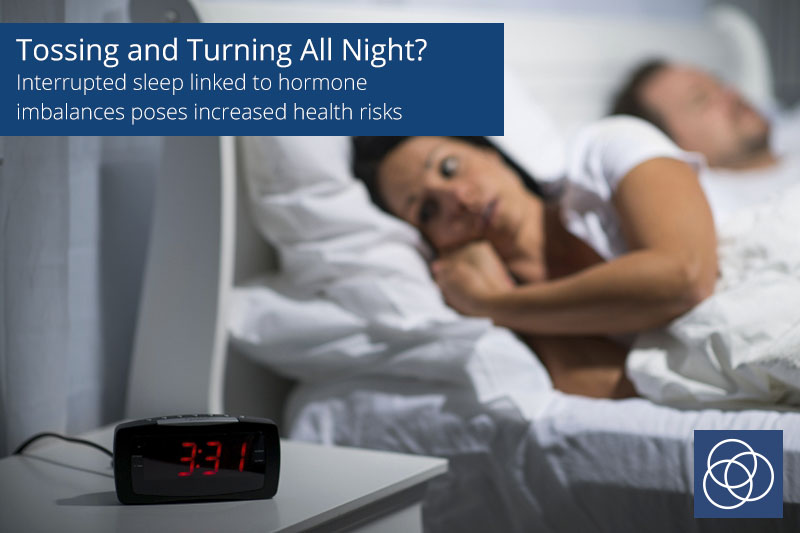
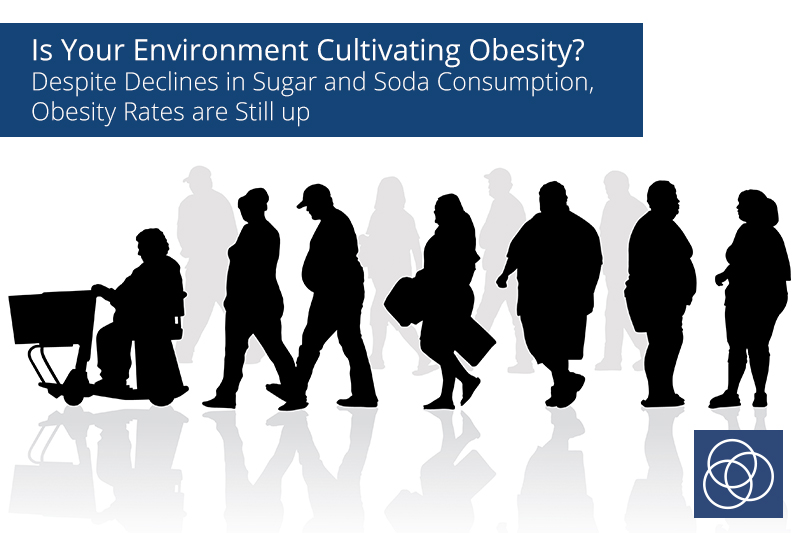

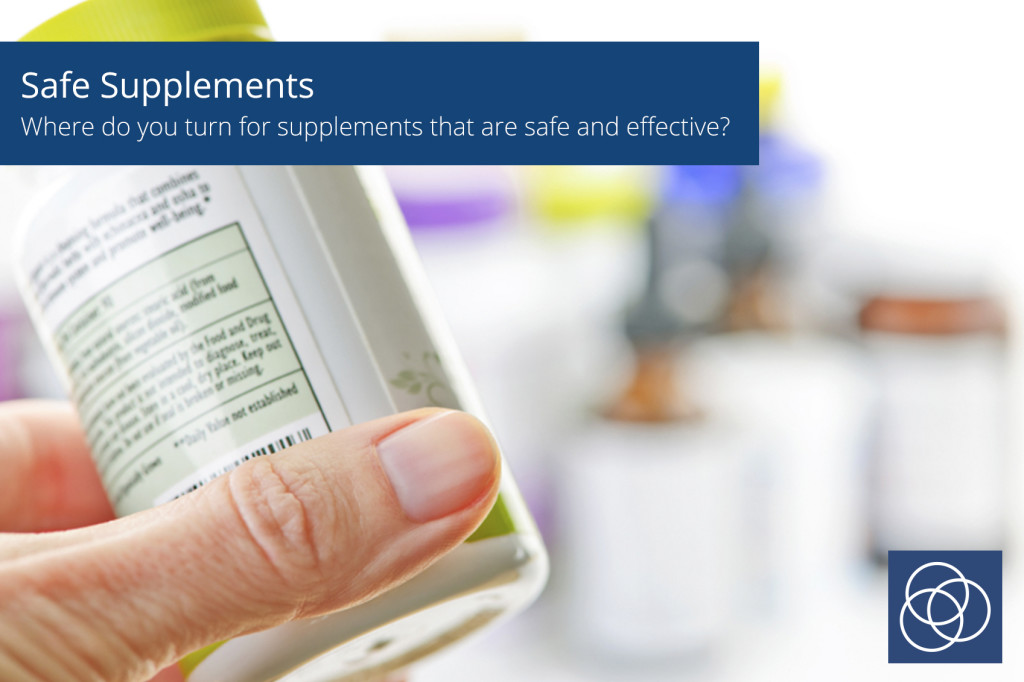


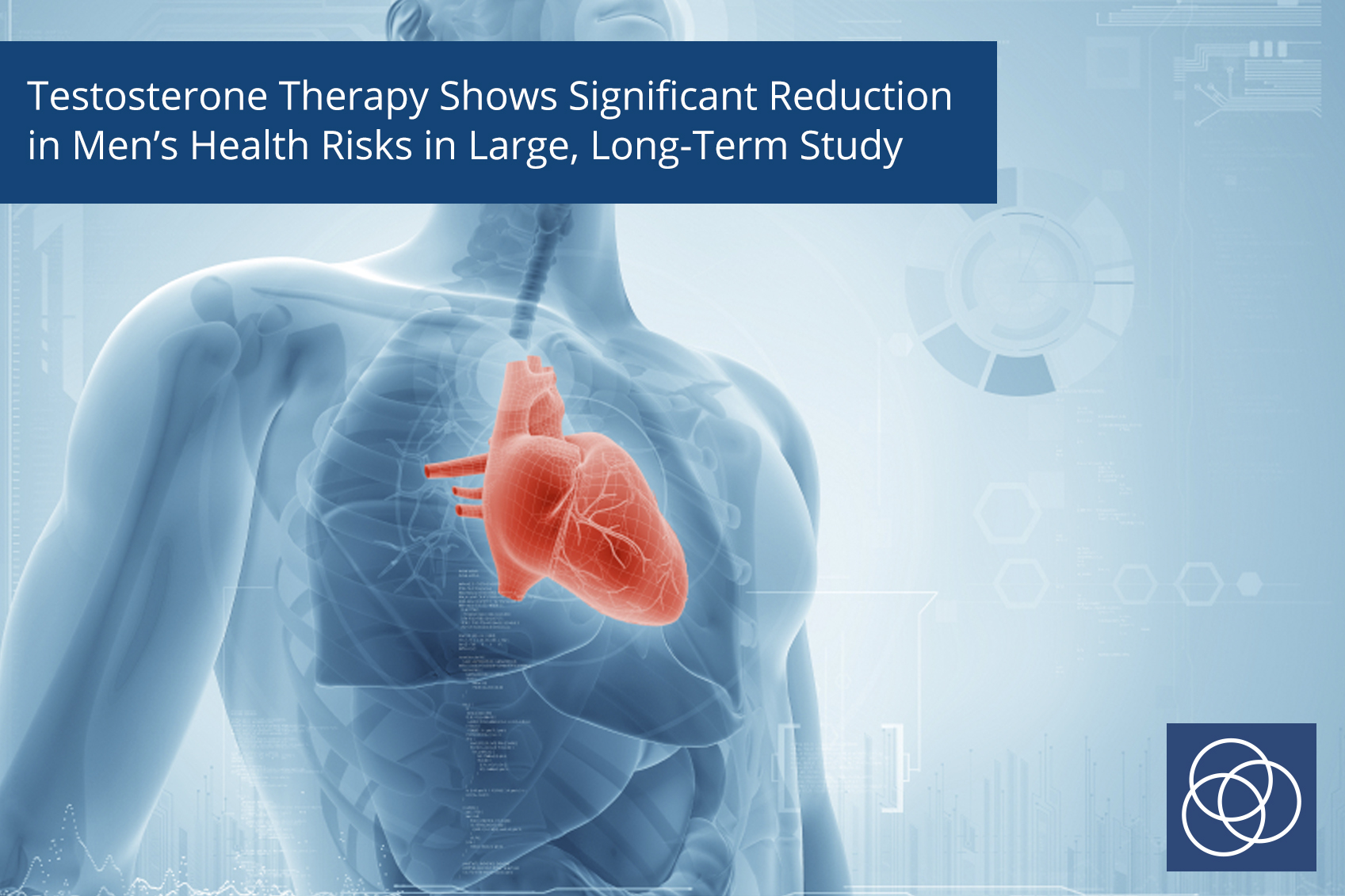
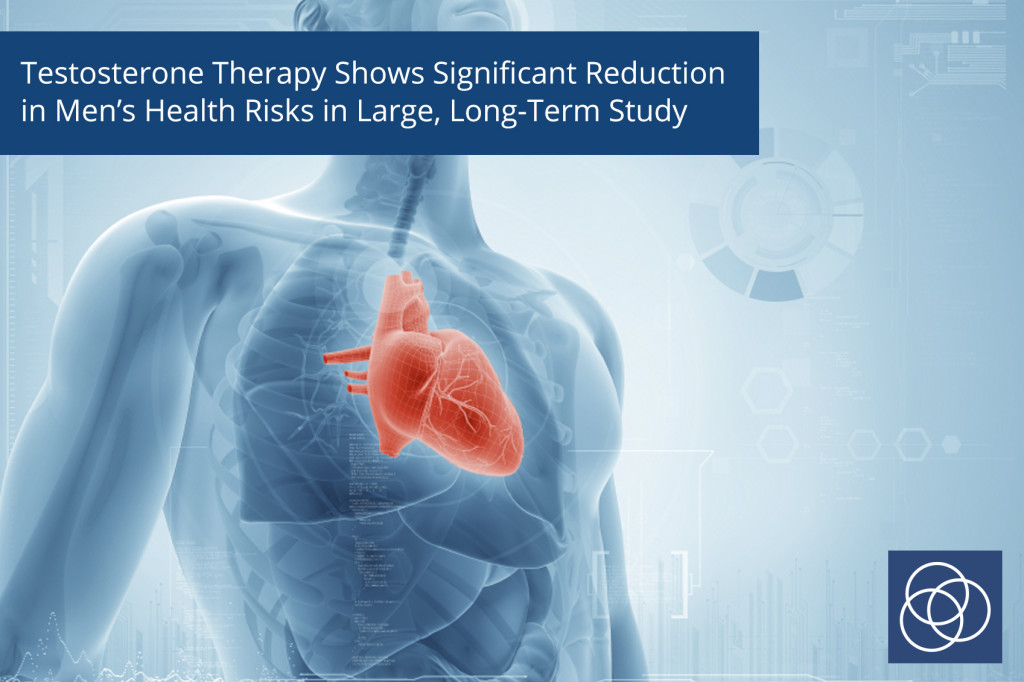
Follow Us
Like us on Facebook
Follow us on Twitter
Watch us on YouTube